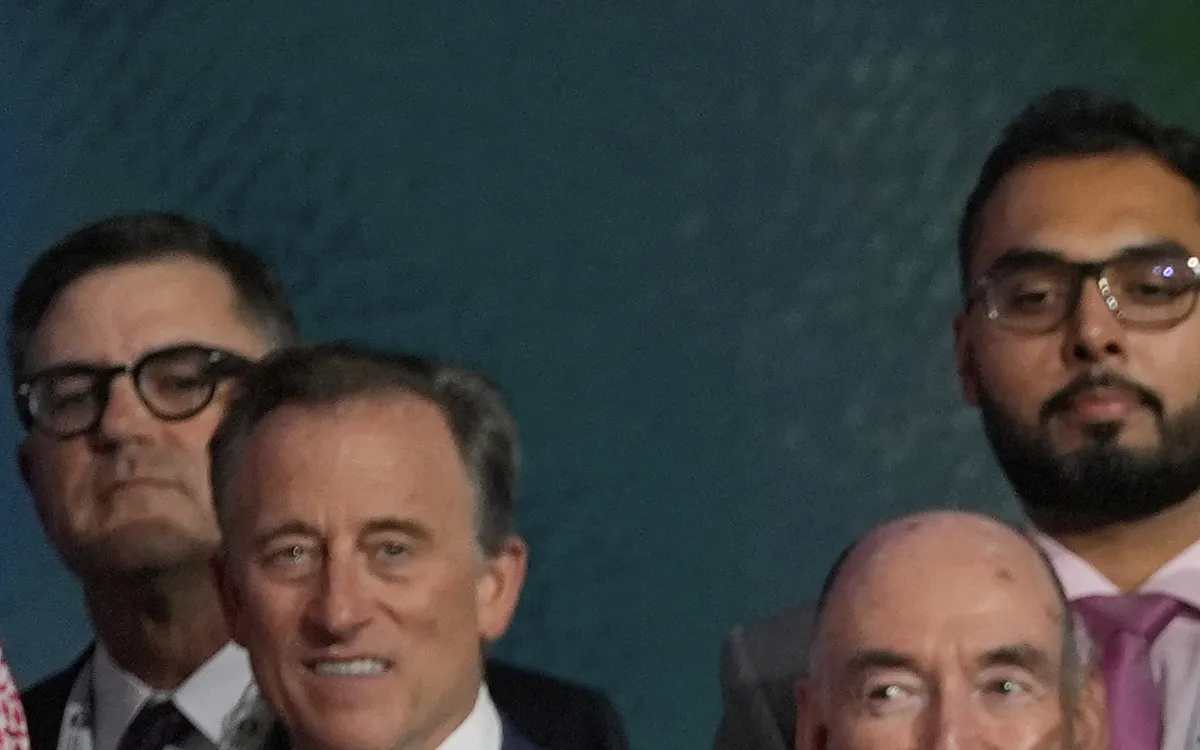
In recent discussions surrounding the Trump administration, executive director and chief counsel of Citizens for Responsibility in Washington, Donald Sherman, highlighted a concerning trend. He stated, "It is emblematic of both how foreign governments try to lobby this president because of his business interests in their countries, and how the private sector has bent the knee." This underscores the intricate relationship between foreign lobbying and the personal business interests of President Trump.
A significant indication of this lobbying effort is the invitation extended to nearly three dozen business leaders by the Saudi government. According to two White House officials and other sources who spoke anonymously, this initiative reflects the lengths to which a foreign government will go to curry favor with the American president. The goal of Trump's first major foreign trip was explicitly tied to expanding American business interests, with Saudi Arabia keen to assist in realizing that ambition.
During his visit to Riyadh, President Trump signed a remarkable agreement with Saudi officials, which included a staggering $600 billion investment into the United States and partnerships with U.S.-based companies. Among these was a notable $142 billion deal focused on supplying military equipment and weapons from over a dozen American defense firms. This move was framed by White House Deputy Press Secretary Anna Kelly, who remarked that investment had surged by 22 percent during Trump’s first quarter, asserting that business leaders worldwide are drawn to participate in "the new Golden Age of America."
The guest list for the Riyadh event featured prominent figures from companies that had generously donated to Trump's record-breaking inaugural committee. Notable attendees included OpenAI CEO Sam Altman and Uber CEO Dara Khosrowshahi, both of whom contributed $1 million personally and through their companies. Also present was biotech billionaire Patrick Soon-Shiong, who reportedly directed the editorial board of the Los Angeles Times to refrain from endorsing any presidential candidates in the upcoming 2024 election.
Interestingly, attendees with vested interests in the administration's policies included Miami Mayor Francis Suarez, who previously expressed interest in becoming the U.S. ambassador to Saudi Arabia. As mayor, he played a role in bringing the Saudi sovereign wealth fund’s Future Investment Initiative to Miami and has been actively involved in promoting U.S.-Saudi business relations. His spokesperson clarified that his trip expenses were not funded by the city of Miami, highlighting the blend of public and private sector interests.
The delegation to Riyadh was predominantly composed of leaders from the technology sector, particularly those focused on artificial intelligence (AI), cloud computing, and semiconductor manufacturing. This shift indicates a growing recognition of the Middle East as a lucrative market for both investment and technology. Major announcements from companies like Google, Oracle, and NVIDIA revealed over $80 billion pledged toward joint tech investments in Saudi Arabia. This included a partnership with the Saudi sovereign wealth fund to develop an AI Hub aimed at accelerating technology adoption across various industries.
The ongoing relationship between the U.S. and Saudi Arabia is evolving, characterized by significant economic partnerships and political maneuvering. As foreign governments continue to influence U.S. policy through business interests, the implications for American governance and international relations remain profound. The current developments signal a future where business and politics are increasingly intertwined, raising questions about the ethical standards upheld by those in power.